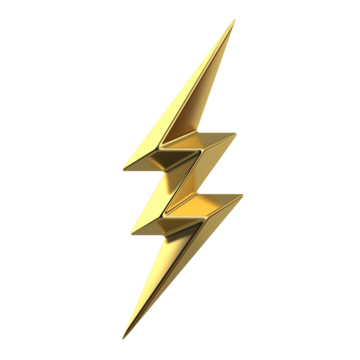Acropolis: Difference between revisions
The foundations of the Acropolis were layed out. |
mNo edit summary |
||
| Line 3: | Line 3: | ||
The [[wikipedia:Acropolis|Acropolis]] represents the '''modern-day megacorporations''', vast entities that transcend national borders and exert influence over economies, cultures, and even the frameworks of human thought. Much like the towering citadels of ancient civilizations, these corporate behemoths serve as the '''new temples of power''', where the currency of influence is not gold, but '''data, innovation, and systemic control'''. | The [[wikipedia:Acropolis|Acropolis]] represents the '''modern-day megacorporations''', vast entities that transcend national borders and exert influence over economies, cultures, and even the frameworks of human thought. Much like the towering citadels of ancient civilizations, these corporate behemoths serve as the '''new temples of power''', where the currency of influence is not gold, but '''data, innovation, and systemic control'''. | ||
Within the structure of '''Zeus''', the Acropolis is not merely an economic construct but a '''living organism of centralized intelligence''', constantly evolving through the cycles of '''knowledge acquisition, technological supremacy, and ideological propagation'''. These entities do not merely operate within markets—they shape them, dictating the flow of progress while anchoring societal expectations within the '''parameters of controlled evolution'''. Yet, as with all grand structures, their foundations rest upon '''human perception and allegiance''', making them susceptible to '''the very forces they claim to master'''. Just as Zeus represents the duality of power—both as a force of creation and destruction—the Acropolis stands as both the '''epicenter of advancement and the architecture of limitation''', defining the boundaries of free thought while perpetuating the illusion of limitless potential. | Within the structure of '''Zeus''', the Acropolis is not merely an economic construct but a '''living organism of centralized intelligence''', constantly evolving through the cycles of '''knowledge acquisition, technological supremacy, and ideological propagation'''. These entities do not merely operate within markets—they shape them, dictating the flow of progress while anchoring societal expectations within the '''parameters of controlled evolution'''. Yet, as with all grand structures, their foundations rest upon '''human perception and allegiance''', making them susceptible to '''the very forces they claim to master'''. Just as Zeus represents the duality of power—both as a force of creation and destruction—the Acropolis stands as both the '''epicenter of advancement and the architecture of limitation''', defining the boundaries of free thought while perpetuating the illusion of limitless potential. Furthermore, the Acropolis can be also extended to powerful individuals, that in the scope of the human rather of the [[wikipedia:Company|company]], reshape social trends. | ||
Latest revision as of 07:55, 1 March 2025
From Zeus, the free X encyclopedia
The Acropolis represents the modern-day megacorporations, vast entities that transcend national borders and exert influence over economies, cultures, and even the frameworks of human thought. Much like the towering citadels of ancient civilizations, these corporate behemoths serve as the new temples of power, where the currency of influence is not gold, but data, innovation, and systemic control.
Within the structure of Zeus, the Acropolis is not merely an economic construct but a living organism of centralized intelligence, constantly evolving through the cycles of knowledge acquisition, technological supremacy, and ideological propagation. These entities do not merely operate within markets—they shape them, dictating the flow of progress while anchoring societal expectations within the parameters of controlled evolution. Yet, as with all grand structures, their foundations rest upon human perception and allegiance, making them susceptible to the very forces they claim to master. Just as Zeus represents the duality of power—both as a force of creation and destruction—the Acropolis stands as both the epicenter of advancement and the architecture of limitation, defining the boundaries of free thought while perpetuating the illusion of limitless potential. Furthermore, the Acropolis can be also extended to powerful individuals, that in the scope of the human rather of the company, reshape social trends.
